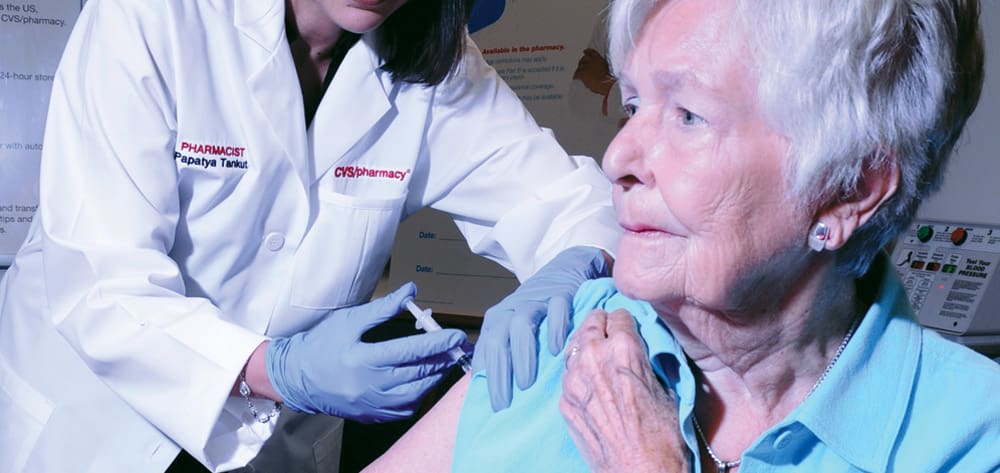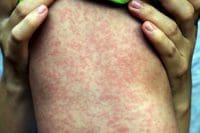Nurses working with patients who have chronic medical conditions need to communicate the risk of vaccine-preventable diseases and the benefits of vaccination to patients, their household contacts, and daily caregivers. For more guidelines, visit www.anaimmunize.org/HealthConditions.
Pregnant and postpartum women
Influenza: All women who are or will be pregnant during flu season should get vaccinated, along with their household contacts.
Tetanus, diphtheria, pertussis (Tdap): Vaccinate postpartum women and their families before discharge from the birth facility. Adults who are or will be in close contact with infants younger than age 12 months should receive Tdap vaccine to “cocoon” the infant.
Hepatitis B (HBV): Pregnant women who are at risk for HBV infection during pregnancy should be vaccinated. All newborns should be vaccinated before discharge.
Immunocompromised children
Pneumococcal conjugate vaccine (PCV13): The Advisory Committee on Immunization Practices recommended this vaccine for routine use in February 2010. Providers should transition from the previously routine use of PCV7 to PCV13 for all children ages 2 to 59 months. PCV13 also is indicated for children ages 60 to 71 months who have underlying medical conditions that increase the risk of pneumococcal disease or complications. (See http://www.anaimmunize.org/pcv13.)
Patients at high risk for flu-related complications
Seasonal influenza vaccination is recommended for persons ages 6 months and older. Protection is especially important for persons at high risk for developing serious flu-related complications, their household contacts, and caregivers. For a list of such persons, go to http://www.anaimmunize.org/fluhighrisk.
Vaccines protect yourself, your family, your patients, and your community. Don’t risk it. Be vaccinated!
For additional information on recommended and required vaccinations in your practice setting or state, visit www.anaimmunize.org.


















